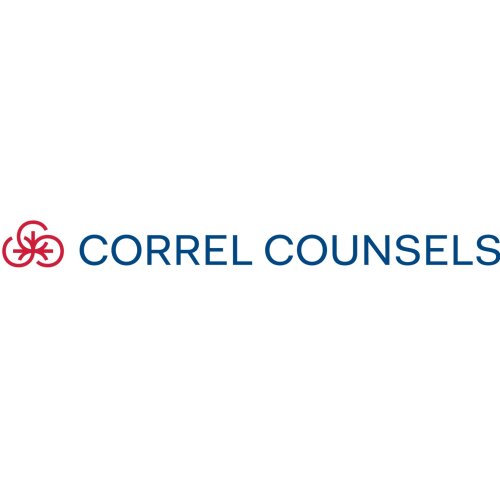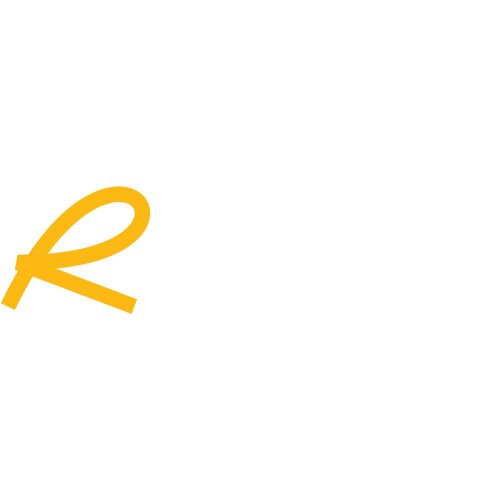Best Water Law Lawyers in Maldives
Share your needs with us, get contacted by law firms.
Free. Takes 2 min.
Or refine your search by selecting a city:
List of the best lawyers in Maldives
About Water Law in Maldives
Water Law in Maldives covers the legal frameworks that govern the use, management, protection, and regulation of water resources within the country. As an island nation comprised of over a thousand coral islands, the Maldives places high importance on sustainable water management. Water laws address issues ranging from freshwater sourcing, marine resource protections, pollution control, licensing, and rights and responsibilities relating to both ground and surface waters. These laws not only help safeguard the country's vital water resources but also aim to ensure equitable access and sustainable development for all residents and businesses.
Why You May Need a Lawyer
Several circumstances may require the guidance of a lawyer with expertise in Water Law in Maldives. Common scenarios include:
- Disputes over access to freshwater supplies or well rights
- Licensing and permits for the use of public or private water resources
- Issues relating to water pollution or contamination of wells, lagoons, or the sea
- Development projects that involve coastal modification, reclamation, or desalination
- Enforcement actions or penalties for violations of water regulations
- Ownership and land use conflicts affecting water boundaries
- Environmental impact assessments for projects near water bodies
- Negotiating with government authorities for the sustainable use of marine resources
Local Laws Overview
The Maldives' water law landscape is shaped by a combination of national legislation, regulations, and guidelines administered by various governmental agencies. Key aspects include:
- National Water Act (draft pending enactment): Aims to provide comprehensive regulation on water resource management, use, and conservation.
- Maldives Environmental Protection and Preservation Act (Law No. 4/93): Protects and preserves land and water resources, including establishing requirements for environmental impact assessments on projects affecting water bodies.
- Ministry of Environment Regulations: Issue operational permits and establish water quality standards, focusing on groundwater, desalination, sewage, and waste discharge.
- Island and Atoll Council Directives: Oversee local distribution, water supply projects, and community-level resource usage.
- Desalination Plant Regulation: Address the licensing, operation, and control of desalination processes, vital for freshwater access throughout the country.
- Coastal Zone Management: Requires additional consideration for any development or waste management plan near shorelines, reefs, or lagoons.
Frequently Asked Questions
What types of water resources are regulated in Maldives?
All fresh and salt water resources, including rainwater, groundwater, lagoons, the ocean, and desalinated water, fall under regulation to ensure sustainable and equitable use.
Do I need a permit to use or extract water for business purposes?
Yes. Extracting or using significant quantities of water for business activities, such as guesthouses, agriculture, or industry, typically requires a government-issued permit.
What penalties exist for polluting water resources?
Penalties can include fines, suspension of business licenses, mandatory cleanup, and in some cases, criminal charges for severe violations.
Who manages and enforces water law in Maldives?
The Ministry of Climate Change, Environment and Energy is the central authority overseeing water policy, quality, and enforcement, often working with atoll and island councils.
Can I drill a private well on my property?
Drilling private wells generally requires permission from local authorities, and you must comply with regulations to prevent pollution or over-extraction.
What should I do if my freshwater source is contaminated?
Report the contamination to your island or local council and the Ministry of Environment. Legal recourse may be available if the source is polluted by another party.
Are there special rules for operating a desalination plant?
Yes. Desalination plants must meet technical, safety, and environmental standards, and require specific licensing and monitoring.
How does water law address coastal development?
Developments near coasts, lagoons, or reefs must comply with environmental impact assessment requirements and may face restrictions to protect sensitive ecosystems.
What laws protect marine resources and ecosystems?
The Environmental Protection and Preservation Act, along with other marine regulations, provide protections for reefs, fisheries, and coastal habitats, recognizing their role in water management.
Is rainwater harvesting regulated?
Rainwater collection for household use is encouraged, but large-scale operations may need to comply with local authority guidelines or obtain permits.
Additional Resources
If you need more information or assistance with water law matters in Maldives, the following resources and authorities can be helpful:
- Ministry of Climate Change, Environment and Energy
- Environmental Protection Agency (EPA)
- Maldives Water and Sewerage Company (MWSC)
- Island and Atoll Councils
- Maldives Attorney Generals Office
- Maldivian Legal Practitioners (private law firms with environmental and water law expertise)
Next Steps
If you believe you require legal assistance with a water law issue in Maldives, consider taking the following steps:
- Clearly define your issue or concern and gather all relevant documents, permits, or correspondence
- Contact your local island or atoll council, or the relevant ministry, for initial guidance on regulations that may apply
- Consult a lawyer with experience in Maldivian water law or environmental law for personalized legal advice
- Ask about their experience with water law cases and confirm their credentials before engaging their services
- Be proactive in protecting your rights and fulfilling your responsibilities under the law
Lawzana helps you find the best lawyers and law firms in Maldives through a curated and pre-screened list of qualified legal professionals. Our platform offers rankings and detailed profiles of attorneys and law firms, allowing you to compare based on practice areas, including Water Law, experience, and client feedback.
Each profile includes a description of the firm's areas of practice, client reviews, team members and partners, year of establishment, spoken languages, office locations, contact information, social media presence, and any published articles or resources. Most firms on our platform speak English and are experienced in both local and international legal matters.
Get a quote from top-rated law firms in Maldives — quickly, securely, and without unnecessary hassle.
Disclaimer:
The information provided on this page is for general informational purposes only and does not constitute legal advice. While we strive to ensure the accuracy and relevance of the content, legal information may change over time, and interpretations of the law can vary. You should always consult with a qualified legal professional for advice specific to your situation.
We disclaim all liability for actions taken or not taken based on the content of this page. If you believe any information is incorrect or outdated, please contact us, and we will review and update it where appropriate.
Browse water law law firms by city in Maldives
Refine your search by selecting a city.
















